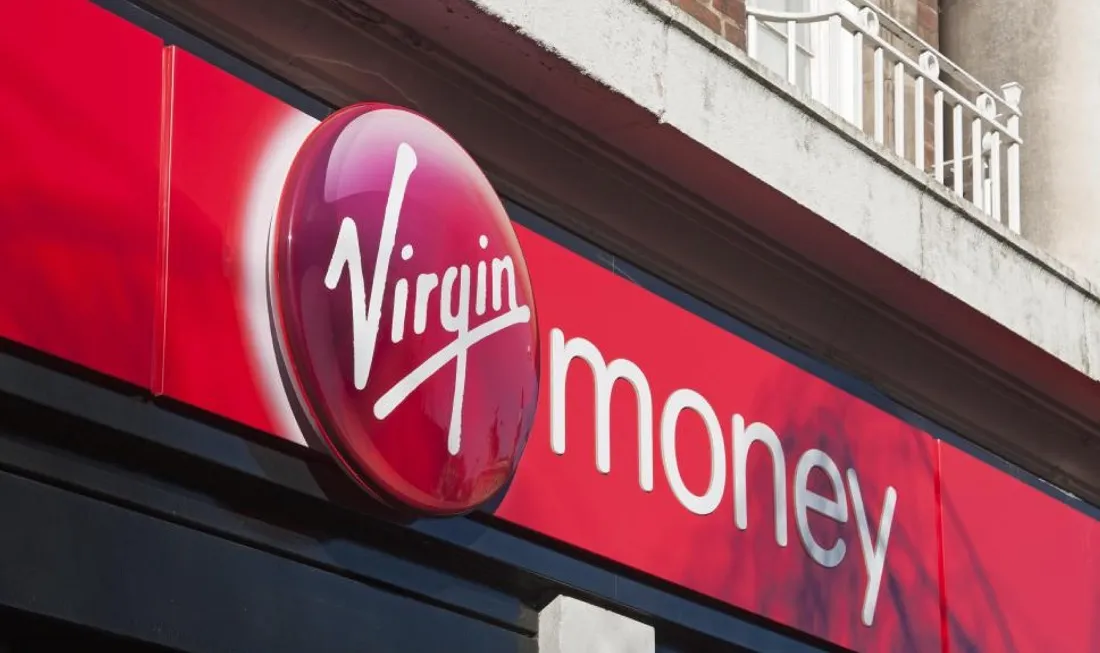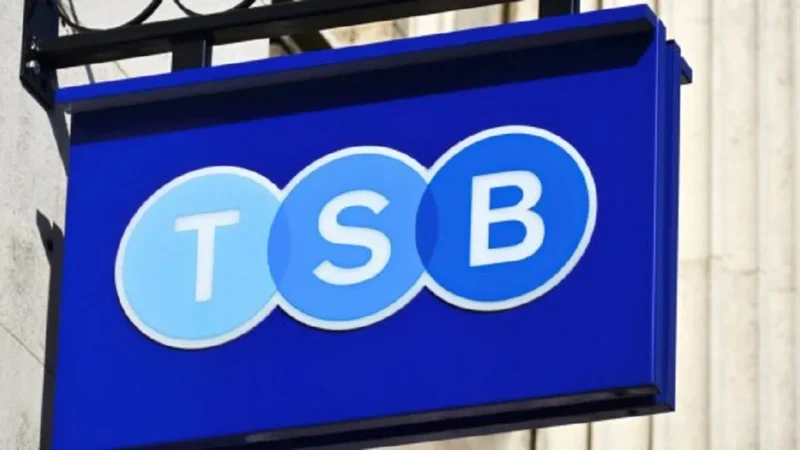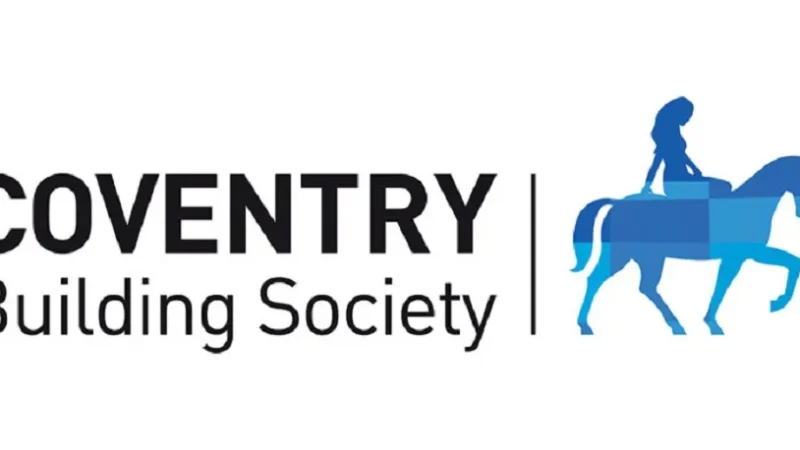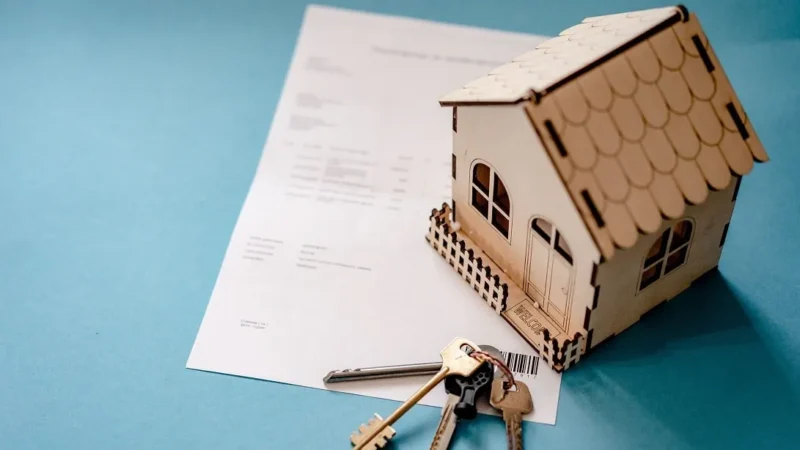How Much Can I Borrow For a Mortgage Virgin Money

Table of Contents
ToggleHow Much Can You Borrow For a Mortgage from Virgin Money in UK
Securing a mortgage is essential for homeownership, and knowing how much you can borrow is crucial for effective financial planning. Understanding their borrowing limits is essential if you’re considering a mortgage with Virgin Money, a renowned financial institution. This blog post aims to provide insights into the factors that Virgin Money considers when determining mortgage borrowing capacity.
By exploring the key considerations outlined by Virgin Money, you can better understand how they assess your eligibility and determine the maximum loan amount you can borrow. Remember that while the information provided here is intended to be informative, it’s always advisable to directly consult with Virgin Money or a mortgage advisor for personalized advice and the most up-to-date information on their lending policies. Let’s explore the factors impacting your mortgage borrowing capacity with Virgin Money.
1- Income Assessment from Virgin Money for a mortgage
When determining your mortgage borrowing capacity, Virgin Money conducts a thorough assessment of your income. This evaluation helps them gauge your ability to make regular mortgage repayments. Here are key points to consider:
- Annual Income: Virgin Money typically applies income multiples to your annual income to calculate the maximum loan amount you can borrow. The exact multiple may vary based on your employment type, financial stability, and circumstances.
- Employment Type: Your employment type significantly affects how Virgin Money assesses your income. They consider factors such as the nature of your employment (employed, self-employed, contractor), your job history, and the stability of your income source.
- Contractual Agreements: Virgin Money evaluates the terms and stability of your income for self-employed individuals or those with non-standard employment contracts. They may consider factors such as the length of your self-employment, contract renewals, and consistency of income over a specified period.
- Additional Income: Virgin Money may also consider additional sources of income, such as bonuses, commissions, investments, or rental income. These can positively impact your borrowing capacity.
It’s important to gather relevant documentation, such as payslips, tax returns, and bank statements, to provide evidence of your income during the application process. By assessing your income, Virgin Money aims to ensure that the mortgage you borrow is within your repayment capacity.
2- Affordability Evaluation of Virgin Money for a mortgage
In addition to income assessment, Virgin Money conducts an affordability evaluation to determine how much you can borrow for a mortgage. This assessment focuses on your ability to comfortably afford the mortgage repayments based on your income and financial obligations. Here are key points to consider:
- Monthly Expenses: Virgin Money considers your monthly expenses, including utility bills, insurance premiums, transportation, and general living expenses. They aim to ensure that your income is sufficient to cover these ongoing obligations alongside your mortgage payments.
- Existing Debts: Any existing debts, such as credit card balances, personal loans, or student loans, are taken into account during the affordability evaluation. Virgin Money assesses your debt-to-income ratio to determine your ability to manage additional financial obligations.
- Financial Stability: Lenders consider the stability of your financial situation, including the likelihood of any future changes that may impact your income or expenses. This evaluation helps Virgin Money determine your long-term affordability and ability to sustain mortgage repayments.
- Stress Testing: Virgin Money may also apply stress tests to evaluate your ability to handle potential changes in interest rates. They consider how your affordability would be affected if interest rates rose.
By conducting an affordability evaluation, Virgin Money aims to ensure that the mortgage you borrow is within your financial means and minimizes the risk of financial hardship. It’s crucial to provide accurate information about your expenses and existing debts during the application process.
3- Loan-to-Value (LTV) Ratio of Virgin Money for a mortgage
The loan-to-value (LTV) ratio is an important factor that Virgin Money considers when determining your mortgage borrowing capacity. The LTV ratio represents the percentage of the property’s value you need to borrow. Here are key points to understand:
- Minimum Deposit Requirement: Virgin Money sets a minimum deposit requirement, typically expressed as a percentage of the property’s purchase price. The minimum deposit may vary based on factors such as the type of mortgage product and the borrower’s circumstances.
- Impact on Borrowing Capacity: The size of your deposit directly affects the LTV ratio. The higher your deposit, the lower the LTV ratio, which can positively impact your borrowing capacity. A lower LTV ratio may result in more favorable mortgage terms, such as lower interest rates and potentially higher loan amounts.
- LTV Bands and Pricing: Virgin Money may have different LTV bands that determine the interest rates and mortgage terms available to borrowers. Generally, lower LTV ratios are associated with more competitive rates and options.
- Mortgage Insurance: In some cases, if your LTV ratio exceeds a certain threshold (typically 80%), you may be required to pay mortgage insurance. This insurance protects the lender in case of default and is an additional cost to consider.
Understanding the LTV ratio and its impact on your borrowing capacity is crucial when considering a mortgage with Virgin Money. Saving for a larger deposit can increase your borrowing capacity and provide access to more favorable mortgage terms.
4- Creditworthiness Assessment:
When determining how much you can borrow for a mortgage, Virgin Money conducts a creditworthiness assessment. This assessment involves evaluating your credit history and overall creditworthiness. Here are key points to consider:
- Credit Score: Virgin Money considers your credit score, which is a numerical representation of your creditworthiness based on your credit history. A higher credit score indicates a better credit profile and may increase your borrowing capacity.
- Payment History: Virgin Money reviews your payment history to assess if you have a track record of making timely repayments on existing debts, such as credit cards, loans, or other lines of credit. Consistent and punctual payments contribute to a positive credit history.
- Outstanding Debts: The amount of outstanding debt you currently have can impact your borrowing capacity. Virgin Money considers your debt-to-income ratio, which measures the proportion of your income towards debt repayments. Lower levels of debt can positively influence your mortgage eligibility.
- Credit Utilization: Virgin Money may evaluate your credit utilization ratio, which measures the proportion of your available credit that you are using. Keeping your credit utilization low demonstrates responsible credit management and may improve your chances of borrowing a higher amount.
- Negative Credit Events: Virgin Money also considers past bankruptcies, foreclosures, or loan defaults. These events can hurt your credit history and may affect your borrowing capacity.
Maintaining a healthy credit profile is essential when applying for a mortgage. Regularly reviewing your credit report, addressing errors, and practicing responsible credit management can help improve your creditworthiness.
5- Virgin Money's Specific Policies and Criteria for Mortgage
When considering a mortgage with Virgin Money, you must familiarize yourself with their specific lending policies and criteria. While the general factors mentioned earlier are typical considerations, each lender may have its guidelines. Here are some aspects to be aware of:
- Mortgage Products: Virgin Money offers a range of mortgage products with varying terms and conditions. Familiarize yourself with the specific features, such as fixed or variable interest rates, repayment options, and any special requirements or benefits associated with each product.
- Eligibility Criteria: Virgin Money will have specific eligibility criteria that borrowers must meet to qualify for a mortgage. These criteria may include minimum age requirements, residency status, and limitations on property types or locations.
- Documentation Requirements: When applying for a mortgage with Virgin Money, be prepared to provide supporting documentation to verify your income, employment, identification, and other relevant information. This documentation helps validate your eligibility and supports the assessment process.
- Mortgage Affordability Assessment: Virgin Money follows specific affordability assessment processes to determine the maximum loan amount you can borrow. This includes evaluating your income, expenses, and other financial obligations to ensure the mortgage is affordable.
- Interest Rates and Fees: It’s important to understand Virgin Money’s interest rates and associated fees or charges. This includes application, valuation, legal, and ongoing fees such as annual account fees or early repayment charges. Knowing these costs will help you assess the overall affordability of the mortgage.
To obtain accurate and up-to-date information on Virgin Money’s specific policies and criteria, it is recommended to contact the lender directly or consult with a mortgage advisor. They can provide personalized guidance based on your circumstances and help you navigate the application process smoothly.
Conclusion:
When considering a mortgage with Virgin Money, understanding the factors determining your borrowing capacity is crucial. You can make informed decisions about your mortgage application by assessing your income, affordability, loan-to-value ratio, creditworthiness, and Virgin Money’s specific policies.
Virgin Money evaluates your income to ensure it aligns with their income multiples and considers factors such as employment type and stability. They conduct an affordability evaluation to determine whether you can comfortably afford mortgage repayments based on your expenses and debts. The loan-to-value (LTV) ratio, influenced by your deposit size, also plays a role in determining your borrowing capacity. Your creditworthiness, including credit score, payment history, and outstanding debts, is assessed to gauge your creditworthiness.
It’s important to note that Virgin Money has specific lending policies and criteria. Familiarizing yourself with these policies, documentation requirements, and associated fees will help you navigate the mortgage application process effectively.






